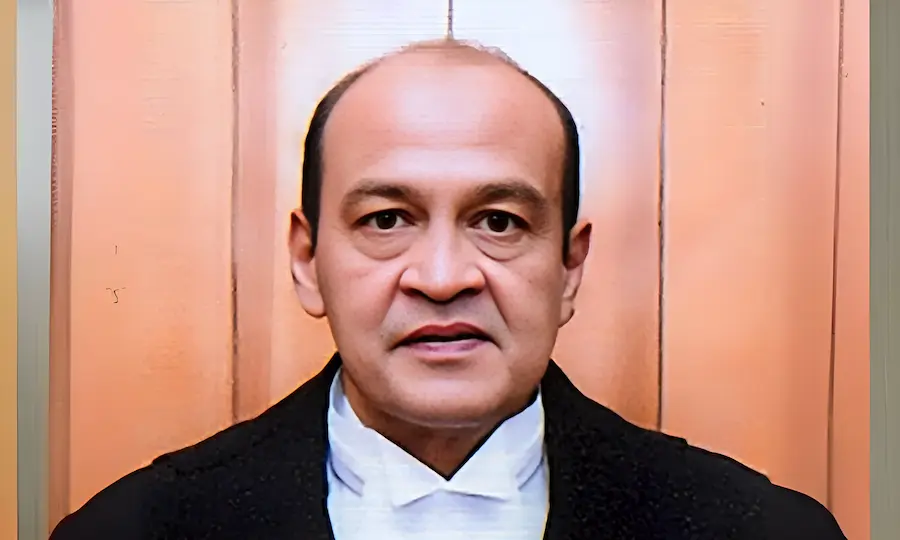
Justice Varma faces impeachment over corruption allegations
The Indian government has initiated discussions with major political parties to build consensus around the impeachment motion against Justice Yashwant Varma of the Allahabad High Court. The move comes after a Supreme Court-appointed in-house committee indicted Justice Varma over alleged corruption charges.
Union Parliamentary Affairs Minister Kiren Rijiju emphasized that the impeachment motion is not a political issue but a matter of judicial accountability. With the Monsoon Session of Parliament scheduled from July 21 to August 12, the government aims to introduce and pass the motion with bipartisan support.
Background: Why Is Justice Varma Facing Impeachment?
Justice Yashwant Varma, formerly of the Delhi High Court, was transferred to the Allahabad High Court following allegations of financial misconduct. The controversy erupted when wads of currency notes were discovered at his official residence after a fire broke out on March 14, 2025.
A three-member Supreme Court panel, led by former Chief Justice Sanjiv Khanna, conducted an internal inquiry and found credible evidence supporting the allegations. The findings were forwarded to the Prime Minister and President, paving the way for formal impeachment proceedings.
Government’s Strategy: Building Political Consensus
Kiren Rijiju’s Statement
Speaking to reporters, Kiren Rijiju stated:
- “This is not one political party’s agenda. It is a stand of all parties to fight against the menace of corruption, whether it is the judiciary or any other space.”
- “We want a collaborative and unified approach across party lines to ensure the motion is introduced and passed.”
Opposition’s Response
The Congress party has indicated that it supports the impeachment motion, aligning with its April AICC resolution on judicial accountability.
- Congress leader Jairam Ramesh confirmed discussions with the government.
- Home Minister Amit Shah and Law Minister Arjun Ram Meghwal met Prime Minister Narendra Modi to finalize preparations.
Legal Process: How Impeachment Works
Under the Judges (Inquiry) Act, 1968, the impeachment process follows these steps:
- Motion Submission: Requires 100 MPs in Lok Sabha or 50 MPs in Rajya Sabha to sign the resolution.
- Presiding Officer’s Decision: The Speaker or Chairman decides whether to admit or reject the motion.
- Inquiry Committee Formation: A three-member panel examines the allegations.
- Parliamentary Vote: If the committee finds misconduct, both Houses of Parliament must pass the motion with a two-thirds majority.
- Presidential Approval: The President of India gives final assent to remove the judge.
Political & Judicial Implications
Impact on Judicial Accountability
The impeachment of Justice Varma could set a precedent for greater transparency in the judiciary. Legal experts argue that India needs a stronger mechanism to ensure judicial accountability without compromising independence.
Public Reaction & Media Coverage
- Social media debates highlight concerns over judicial corruption.
- Legal scholars call for reforms in the Judges (Inquiry) Act.
- Opposition parties demand a special session of Parliament to expedite the process.
Conclusion
The Justice Varma impeachment motion marks a critical moment in India’s judicial history. With the government seeking bipartisan support, the upcoming Monsoon Session will determine whether the motion gains traction or faces political hurdles. As India moves toward greater judicial accountability, the outcome of this impeachment could reshape the nation’s legal framework and strengthen public trust in the judiciary
Also read – Tinder’s Height Filter Sparks Controversy
Stay updated with the latest news on Rapido Updates. Keep yourself updated with The World, India News, Entertainment, Market, Automobile, Gadgets, Sports, and many more
1 thought on “Justice Varma Impeachment: Government Seeks All-Party Consensus Ahead of Monsoon Session”